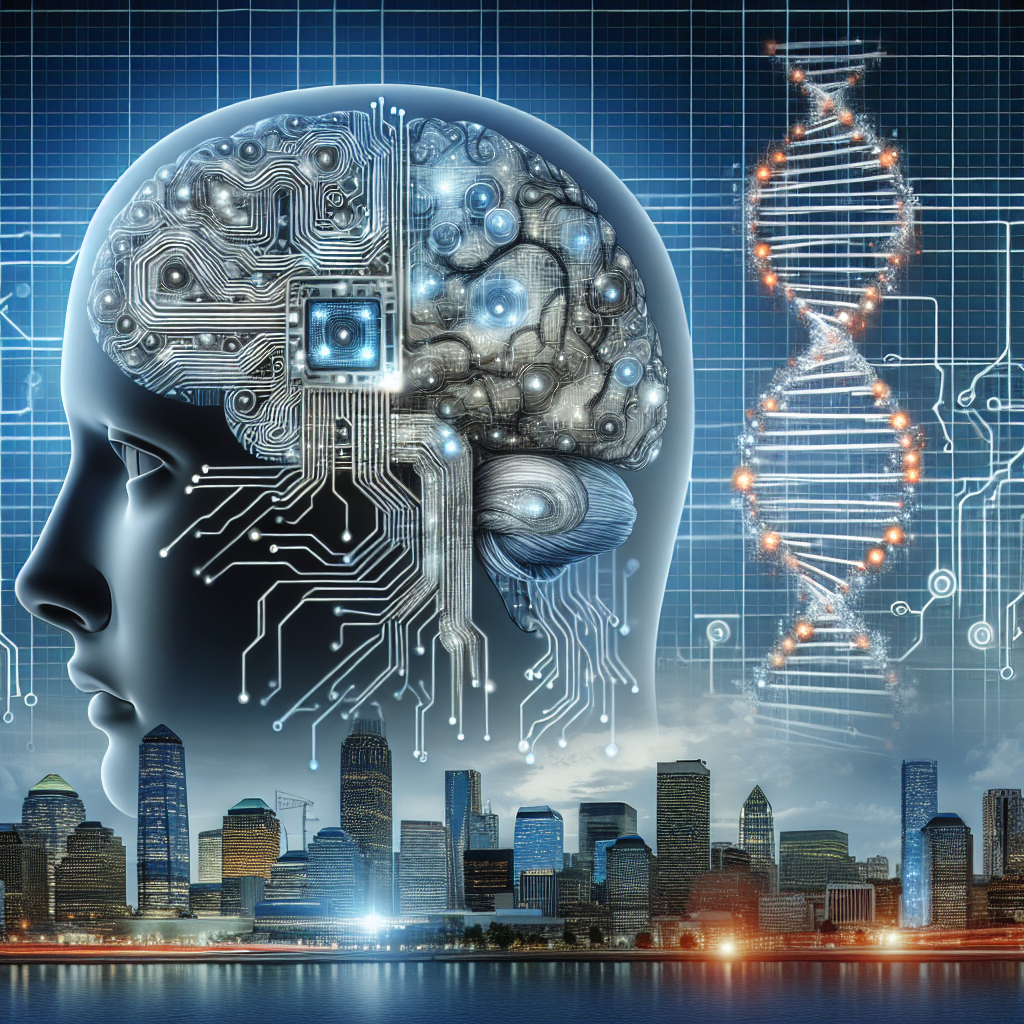Natural Language Processing (NLP) is a branch of artificial intelligence that focuses on the interaction between computers and human languages. It involves the development of algorithms and technologies that enable machines to understand, interpret, and generate human language. NLP has made significant advancements in recent years, and its applications have expanded across various industries, including healthcare, finance, customer service, and more. One of the key areas where NLP is having a profound impact is in knowledge representation.
Knowledge representation is the process of capturing and organizing knowledge in a way that can be used by machines to make intelligent decisions and perform tasks. NLP plays a crucial role in knowledge representation by enabling machines to understand and process human language, which is the most common form of knowledge representation used by humans.
The future of NLP in knowledge representation is promising, as advancements in machine learning and deep learning techniques are making it possible for machines to not only understand human language but also to reason, infer, and generate new knowledge. Here are some of the key trends and developments that are shaping the future of NLP in knowledge representation:
1. Semantic Understanding: One of the key challenges in NLP is the ability to understand the meaning of words and sentences in a given context. Traditional NLP techniques rely on rules-based approaches and statistical methods to extract meaning from text. However, recent advancements in deep learning, particularly with the use of neural networks, have enabled machines to learn the semantics of language and make more accurate inferences about the meaning of text.
2. Knowledge Graphs: Knowledge graphs are a powerful way to represent structured knowledge in a way that can be easily processed by machines. They are a collection of nodes and edges that represent entities and their relationships in a domain. NLP techniques can be used to extract information from unstructured text and populate knowledge graphs, enabling machines to make intelligent decisions based on a rich set of structured knowledge.
3. Question Answering: NLP is being used to develop question-answering systems that can understand and respond to natural language queries. These systems leverage knowledge graphs and advanced NLP techniques to extract relevant information from a large corpus of text and provide accurate answers to user queries. Question-answering systems have applications in customer service, search engines, and virtual assistants.
4. Language Generation: NLP is also being used to generate human-like text, such as articles, stories, and dialogues. This is achieved through the use of natural language generation (NLG) techniques, which involve generating text based on a set of rules or learned patterns. NLG has applications in content creation, chatbots, and personalized marketing.
5. Multimodal NLP: Multimodal NLP involves the integration of multiple modalities, such as text, images, and audio, to enable machines to understand and generate content across different mediums. This approach is enabling machines to process and generate more complex and rich forms of knowledge representation.
FAQs:
Q: What are the key challenges in NLP for knowledge representation?
A: Some of the key challenges in NLP for knowledge representation include understanding the nuances and ambiguity of natural language, handling large volumes of unstructured text, and integrating information from multiple sources and modalities.
Q: How can NLP benefit knowledge representation in healthcare?
A: NLP can be used in healthcare to extract information from medical records, research papers, and patient forums to generate insights and support clinical decision-making. It can also be used to develop personalized health recommendations and early disease detection systems.
Q: What are some of the ethical considerations in NLP for knowledge representation?
A: Ethical considerations in NLP include ensuring the privacy and security of user data, avoiding bias and discrimination in algorithmic decision-making, and promoting transparency and accountability in the use of NLP technologies.
In conclusion, the future of NLP in knowledge representation is bright, as advancements in machine learning and deep learning are enabling machines to understand, reason, and generate knowledge in a more intelligent and human-like manner. NLP is revolutionizing the way we interact with machines and unlocking new possibilities for applications across various industries. As NLP continues to evolve, it will play a critical role in shaping the future of artificial intelligence and knowledge representation.

